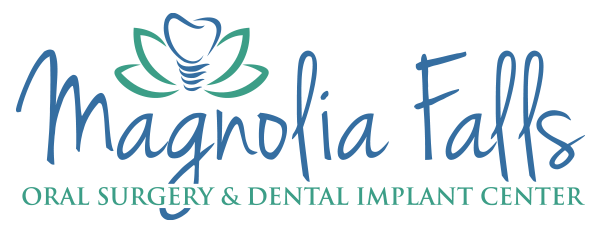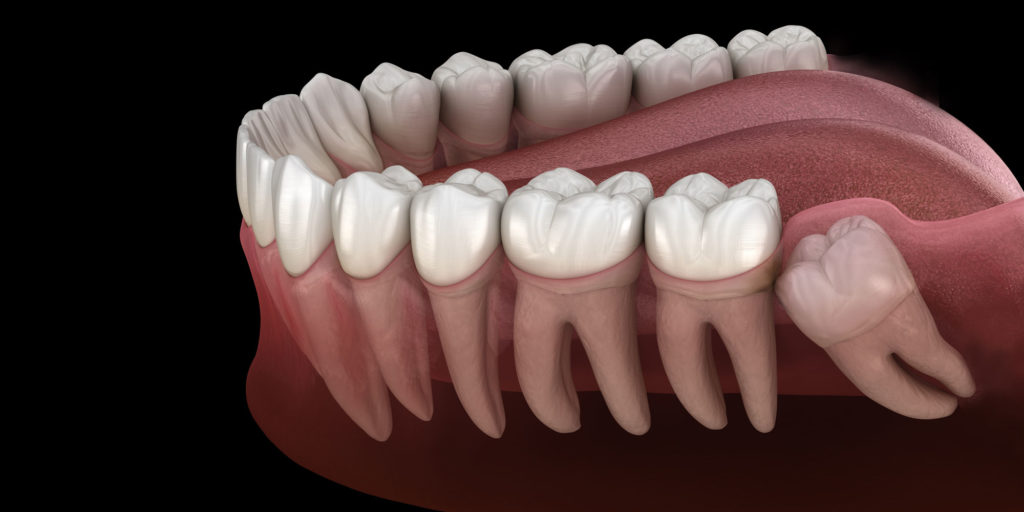
There’s Nothing Wise About Painful Third Molars!
Wisdom teeth are third molars that typically erupt between the ages of 17 and 25. Every year, an estimated 10 million wisdom teeth are extracted in the U.S., which isn’t surprising considering 90% of 20-year-olds have at least one impacted wisdom tooth. The American Association of Oral and Maxillofacial Surgeons strongly recommends that young adults consult with an oral surgeon to assess third molars, check for problems, and get treatment recommendations. Oral surgeons spend the majority of their time performing surgical procedures so they have extensive experience completing wisdom teeth extraction in an efficient and safe manner that promotes healing. Our oral and maxillofacial surgeon Dr. Brett M. Shigley performs wisdom teeth extraction in Powdersville, SC to alleviate pain and suffering, prevent issues from arising, and improve overall oral health. In some cases, he may suggest monitored retention instead of immediate removal.
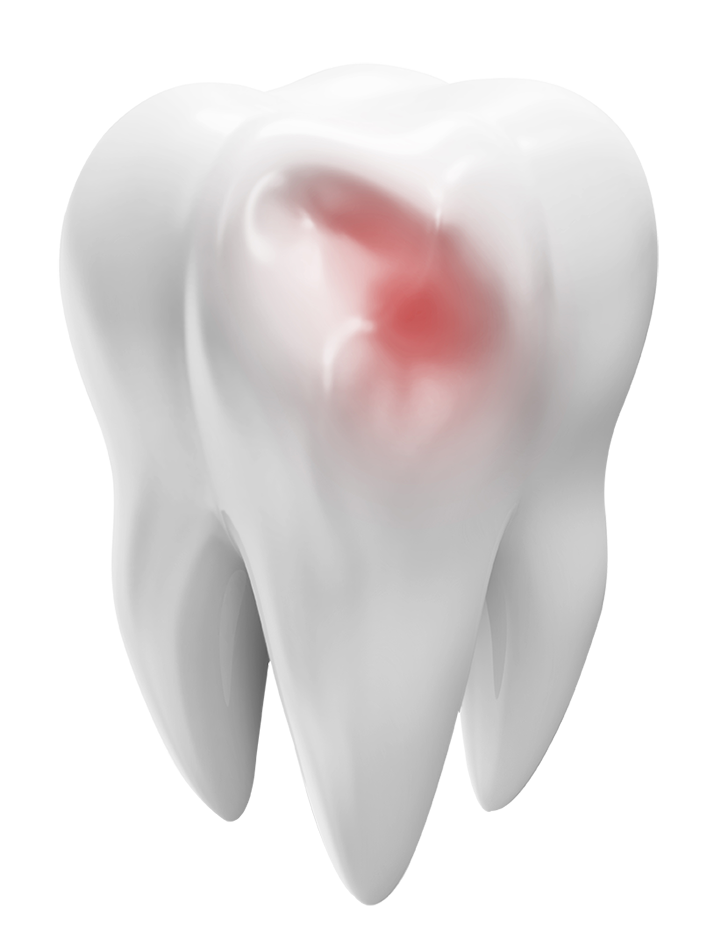
Problems Related to Wisdom Teeth
It’s extremely common for wisdom teeth to become partially or completely impacted due to lack of space, obstruction, or abnormal position. Impacted wisdom teeth can cause pain, swelling, infection, and cysts and may damage adjacent teeth and bone. Research shows that once gum disease affects third molar areas, the problem typically becomes persistent and progressive. Even in asymptomatic cases, about one third of impacted wisdom teeth change position with time, resulting in partially erupted, nonfunctional teeth that can’t be properly cleaned.
Wisdom Teeth Removal
The first step is to schedule a consultation with Dr. Shigley. If he recommends wisdom teeth removal in Powdersville, SC, he’ll discuss the procedure with you and tell you what to expect. This is a good time to ask questions, discuss any concerns, notify our practice of any medical conditions and medications you’re taking, and discuss sedation options. In addition to numbing the area with local anesthesia, we offer nitrous oxide (laughing gas), IV sedation, oral sedation, and general anesthesia.
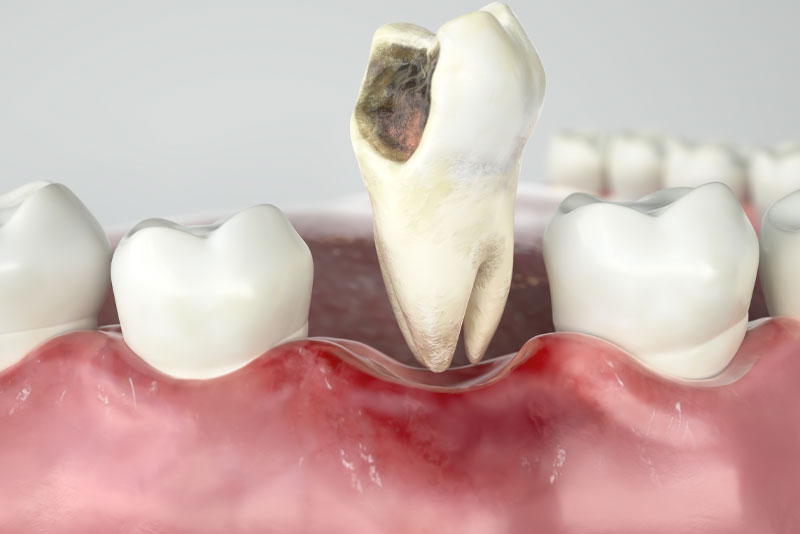
Precautions to Prevent Unnecessary Discomfort
Although we take every step to make patients comfortable, wisdom teeth removal is a complex surgery that requires a longer period of recovery than most other tooth extractions. If you follow our post-operative instructions, this can help prevent unnecessary discomfort and ensure a smoother recovery.
Immediate Post-Op Instructions
- Keep the gauze pad placed over the surgical area for 30 minutes, then remove and discard it.
- Avoid vigorous mouth rinsing or touching the wound area following surgery. This can dislodge the blood clot that formed in the empty socket and cause bleeding.
- Take the prescribed pain medications as soon as you begin to feel discomfort, typically after the local anesthetic starts to wear off.
- Restrict your activities on the day of surgery and resume normal activity when you feel comfortable.
- While you’re awake, keep ice packs on the side of your face where surgery was performed to help reduce swelling.
Minor bleeding or redness in your saliva is normal after surgery. If excessive bleeding occurs, bite down firmly on a gauze pad placed over the treatment site for 30 minutes. If bleeding continues, gently wipe away the formed clot over the surgical site and bite on a moistened tea bag for 30 minutes. The tannic acid in the tea bag contracts bleeding vessels to help form a new clot. To minimize further bleeding, sit upright, try to relax, and avoid exercising or other physical activity. If bleeding doesn’t subside, call our office as soon as possible for further instructions.
Swelling around the cheeks, jaw area, mouth, and eyes are normal the first few days after surgery and usually most obvious 2-3 days after surgery. Apply a bag filled with ice or ice packs to the side of your face where surgery was performed. It’s important to do so during the first 24-36 hours, but only while you’re awake. After this period, administering moist heat to the sides of your face is more effective for controlling swelling.
Take over-the-counter medication (such as Tylenol or Ibuprofen) or your prescribed medication as we instructed. Pain and a low-grade fever are both normal reactions after wisdom tooth extraction. Refrain from driving or operating machinery and avoid drinking alcohol while taking pain medications. If you experience severe pain, this may be related to dry socket, a condition in which the blood clot falls off before the wound heals. This typically occurs 3-5 days after extraction and causes severe pain that can last 24-72 hours. If you experience this issue or persistent fever, contact our practice right away.
Bruising around the cheeks, jaws, and mouth is common. Skin discoloration may be yellow, black, blue, or green and is a natural result of surgery. This bruising may be most noticeable 2-3 days after surgery. Moist heat applied for swelling (36 hours after surgery) can also help reduce discoloration.
You may experience temporary numbness of your chin, tongue, and lips due to the local anesthetic. Because you won’t feel sensations of pain if you bite your tongue or lip, be careful to avoid any activity or movement that could risk injury.
Dizziness or lightheadedness when transitioning from lying down to standing is normal. If you are lying down, slowly sit up and wait for a few minutes before standing. It’s a good idea to ask a family member or close friend to assist you the first few days after surgery.
If you experience nausea or vomiting after surgery, don’t eat or take prescribed medication for at least one hour after an incident. You can slowly sip cola, tea, or ginger ale over a 15-minute period, then after nausea subsides, resume eating and taking medications.
Antibiotics are designed to reduce the risk of infection after surgery. If we prescribe them, it’s important to take the tablets or liquid as instructed and use the full amount of medication. But if an allergic reaction occurs, discontinue use and contact our office as soon as possible.
Wait 24 hours after surgery to begin rinsing your mouth. In the days following surgery, rinse your mouth with warm salt water 5-6 times a day, especially after eating. Empty sockets remain where your wisdom teeth were extracted from the bone. Brush with a soft toothbrush to avoid disturbing these tender surgical sites.
Immediately after surgery, drink from a glass and don’t use a straw because this can cause more bleeding by dislodging the blood clot. Drink at least 5-6 glasses of liquid daily (except iced tea) to avoid dehydration. A few days after surgery, eat only a soft, highly nutritious diet (e.g. protein shakes). Maintain a healthy diet and don’t skip meals to ensure you’re receiving proper nutrients for healing.
After extraction, we use sutures to minimize bleeding and promote healing. Although uncommon, sutures can sometimes get prematurely dislodged. Should this happen, simply remove the suture yourself and discard it. One week after surgery, we’ll remove remaining sutures, which only takes a minute or so and isn’t painful.
Worrisome wisdom teeth causing problems?
Contact our skilled and caring oral surgeon in Powdersville, SC.
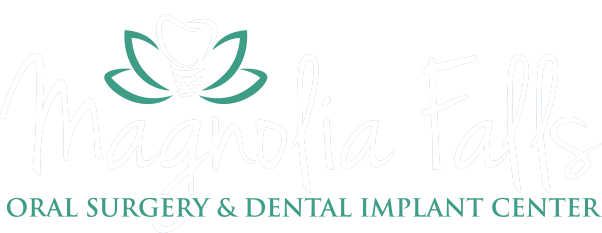
- Back
- Call Us
